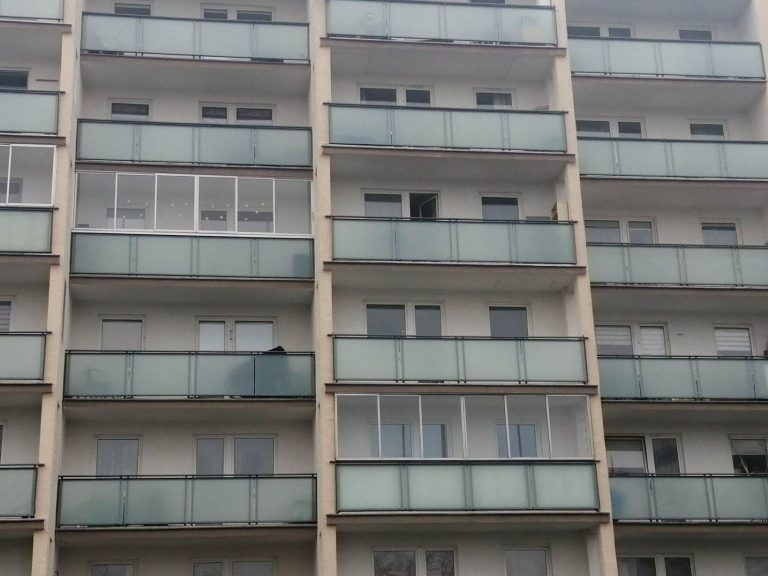Polish engineers on ESA internships. Space industry is looking for employees

The first group of young engineers from Poland started a two-year internship at ESA, gaining valuable experience in the Netherlands, Spain, France and Germany.
By 2025, 30 Polish candidates will take part in key ESA projects, gaining valuable professional experience.
Paweł Wojtkiewicz, president of the Association of Space Sector Employers, emphasizes: “A decade ago it was difficult to find an experienced engineer in Poland. Now the situation has changed a lot thanks to internship programs and staff development in space companies.”
Polish space sector
POLSA informs that there are over 400 entities in the space sector in Poland, employing approximately 15,000. people. Polish companies specialize in, among others: in control, robotics, mechatronics and communication systems for satellites. Key European space companies have branches in Poland, which favors the development of the sector.
Poland’s accession to ESA in 2012 accelerated the development of the space sector, enabling domestic companies to participate in European space programs. In 2023, the Ministry of Development and Technology increased the ESA membership fee, allocating EUR 360 million for this purpose. Over 90 percent of this amount will go to Polish companies and scientific institutions implementing projects in cooperation with ESA.
Paweł Wojtkiewicz emphasizes that staff development should include cooperation between universities and companies and an increase in the number of internships, also abroad. “Strengthening the process of building staff for the space sector should proceed in many ways,” says Wojtkiewicz, emphasizing the importance of internship programs and engaging students in space projects.
Engineers at ESA
The first group of Polish graduates started their internship at ESA in April this year, and by 2025, 30 candidates will be offered internships. Experience gained will include systems engineering, integration and testing of the Lunar Gateway space station, construction of a lunar surface analog center, and Earth observation technologies.
Polish companies and institutes are cooperating intensively with universities, and interest in courses related to the space sector is growing. Wojtkiewicz encourages: “These do not have to be people graduating from a space engineering course. It is important that they have the knowledge of how to use their specialization in the space sector.” He also encourages students to get involved in student space projects, which can be implemented under the auspices of ESA.






